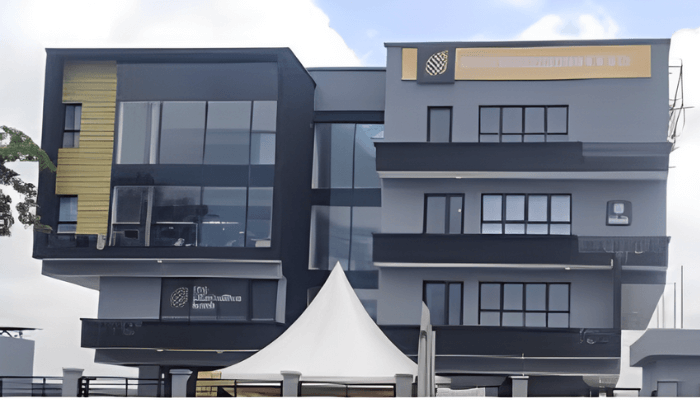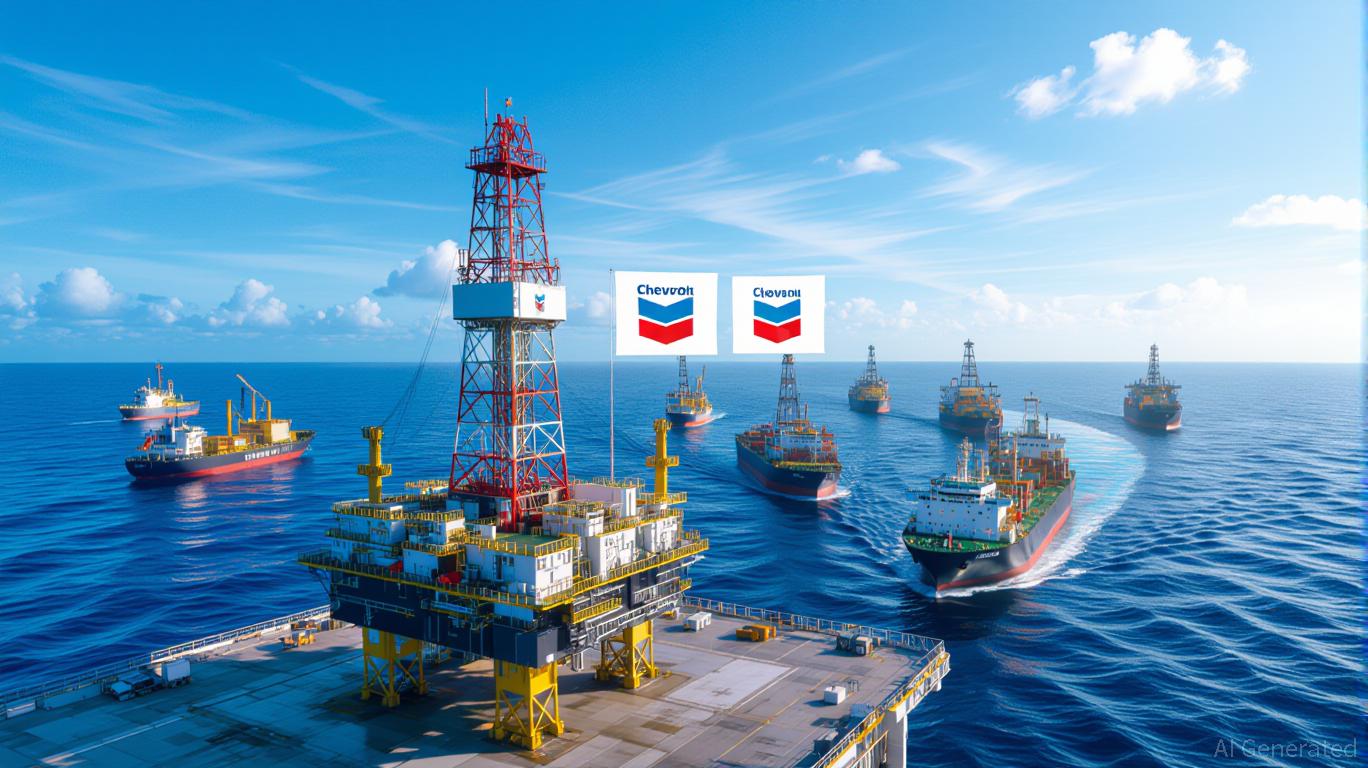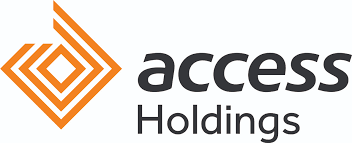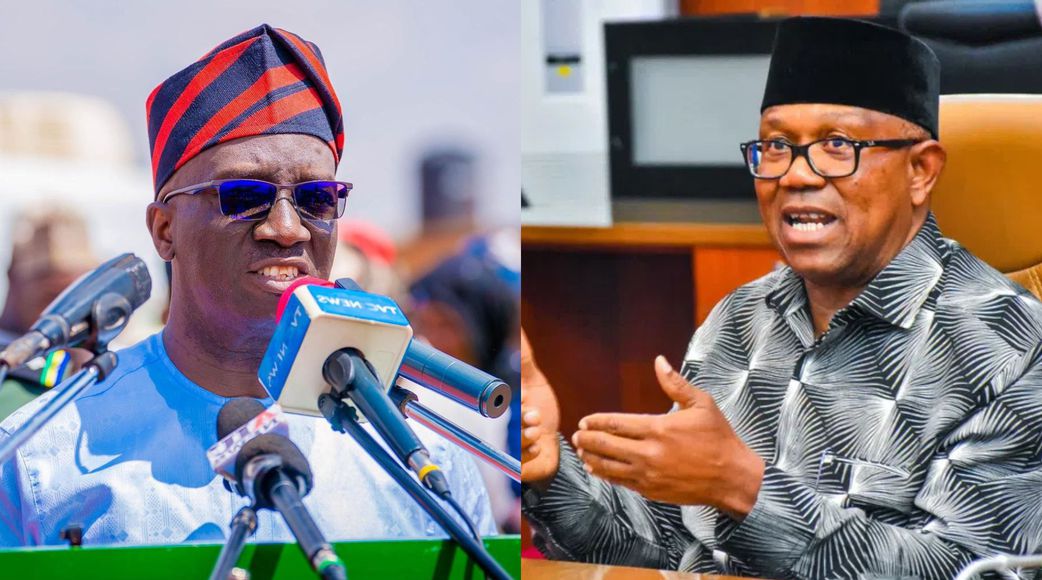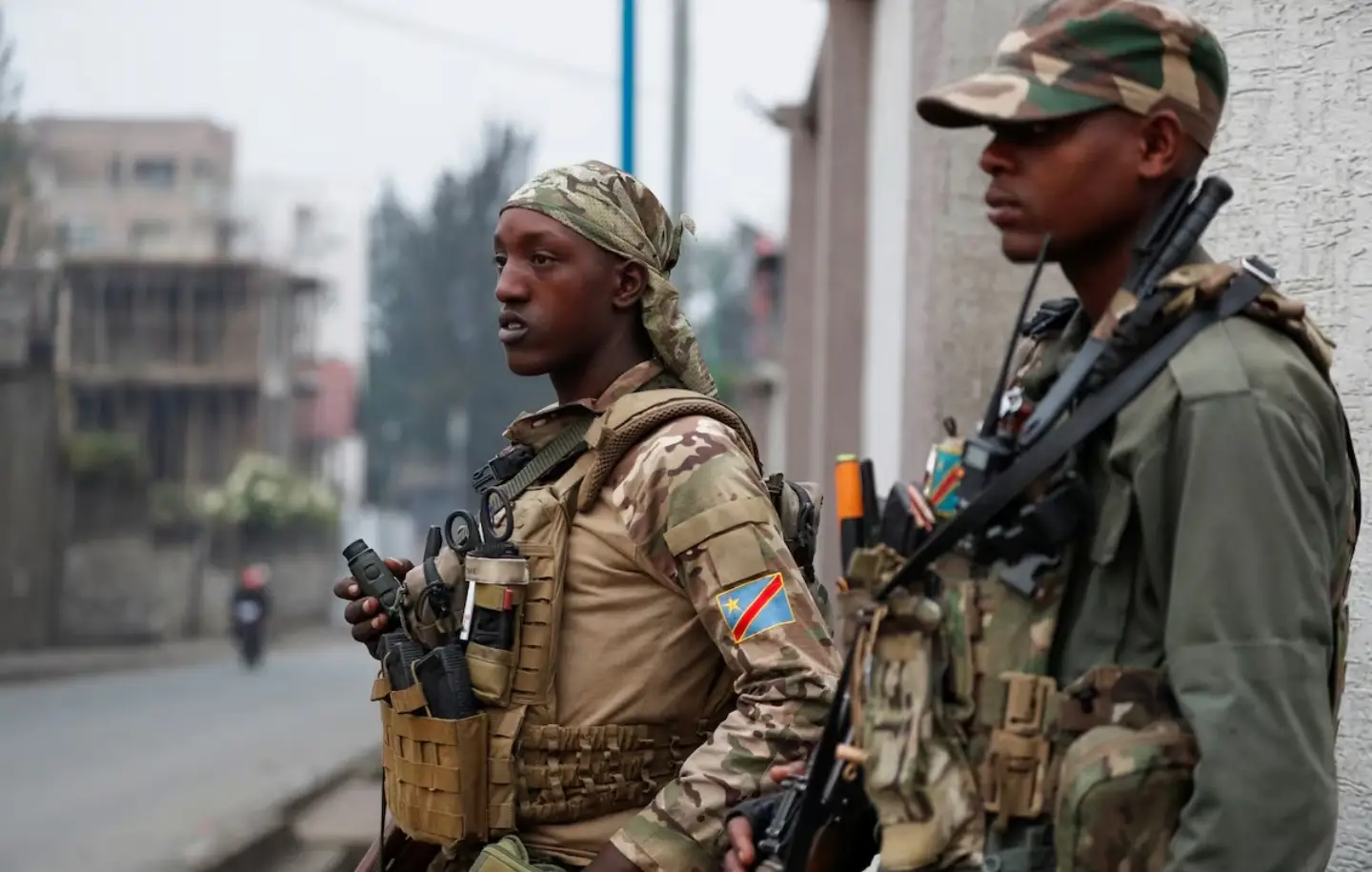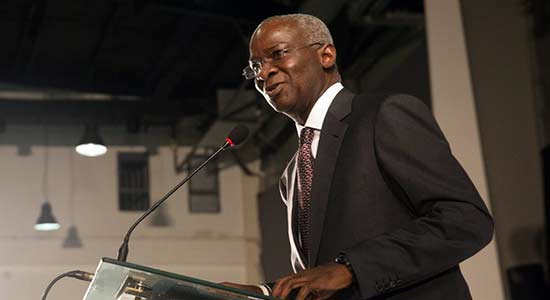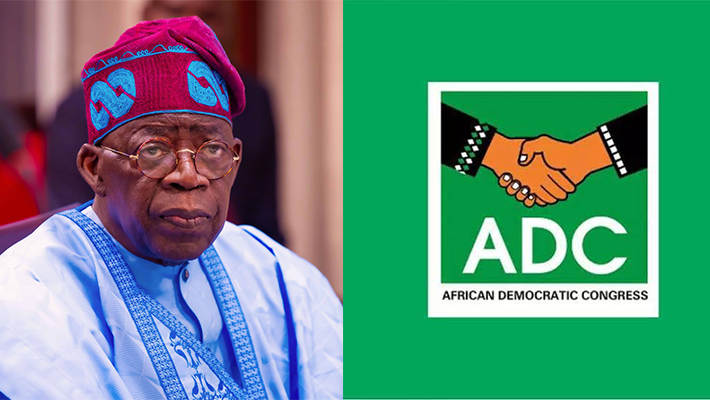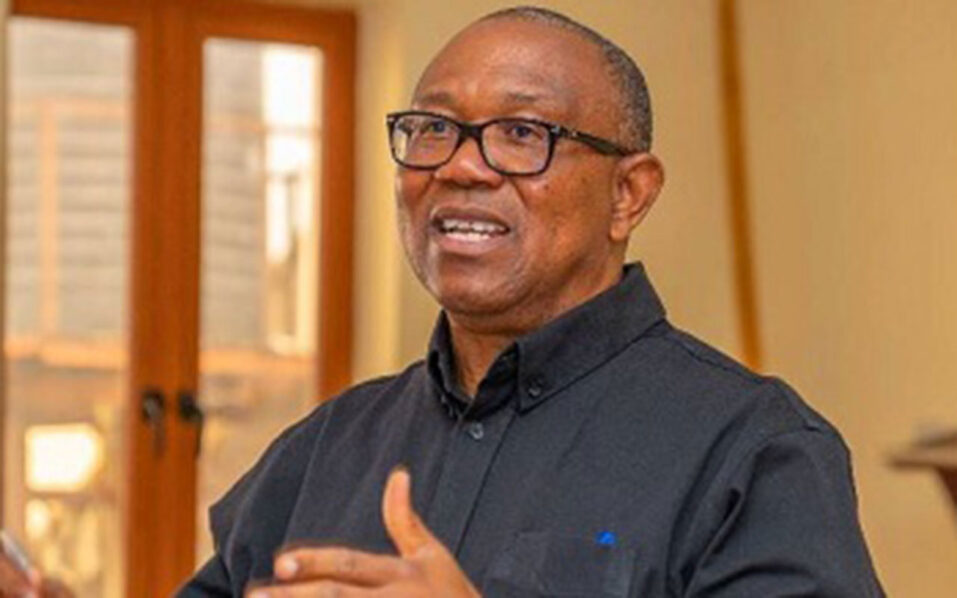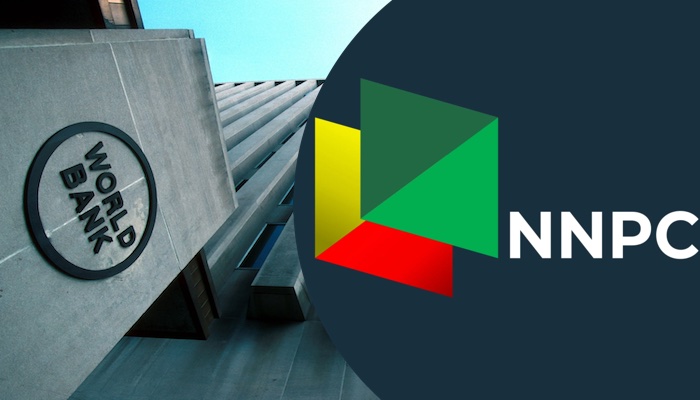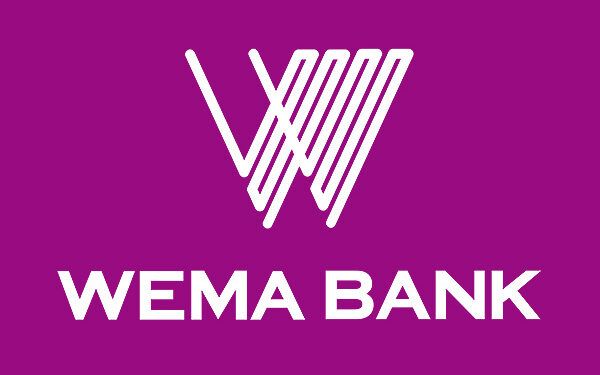By Ayomide Otitoju
The World Bank has flagged the Nigerian National Petroleum Company Limited (NNPCL) for inconsistent and opaque financial reports submitted to the Federal Account Allocation Committee (FAAC), highlighting concerns in its recent Accelerating Resource Mobilisation Reforms (ARMOR) report. According to the report, the NNPCL’s lack of transparency has complicated oversight, undermining the federal government’s ability to accurately assess oil and gas revenues and monitor NNPCL’s contributions to the Federation.
The World Bank report underscored that NNPCL’s reports are often incomplete, omitting critical data such as pledged revenues, crude oil valuations, and payment receipts from global trade. This opacity, coupled with the practice of retaining oil revenue to fund activities like the gasoline subsidy, has substantially reduced net oil revenue transfers to the Federation Account. In line with the Petroleum Industry Act (PIA) of 2021, NNPCL has been granted autonomy in its operations, but critics argue this has complicated government oversight of revenue flows.
One notable example in the report involved NNPCL’s agreement to supply 35,000 barrels of crude oil per day to stakeholders in the privately-owned Dangote Refinery in exchange for a 20 percent stake. While this contract was valued at $5.8 billion as of end-2022, the World Bank found that NNPCL’s reported earnings fell short of expectations. In joint ventures where NNPCL oversees up to 60 percent of the Federation’s equity, such reporting inconsistencies raise concerns, especially as Nigeria’s oil production has declined from 1.8 million barrels per day (mbpd) in 2020 to 1.4 mbpd in 2022-2023 due to security issues and underinvestment. The gasoline subsidy alone increased from 0.9 to 1.6 percent of GDP, directly impacting net revenue transfers.
The ARMOR report also highlighted that NNPCL has committed oil and gas revenues to international projects, including a planned pipeline to Morocco, through contractual arrangements that prioritize future revenues over cash payments. This retention of funds has further limited Nigeria’s fiscal stability, with oil and gas revenue contributing just 1.8 percent of GDP in 2023, despite a significant rise in global oil prices.
Separately, the World Bank is extending a $750 million loan to Nigeria, part of a broader $2.25 billion package approved to promote economic stability. The loan aims to support Nigeria’s economic transformation and protect vulnerable populations. Under the ARMOR program, the Nigerian government has committed to reforms, including increasing VAT rates and strengthening digital infrastructure to enhance tax compliance. These measures, the World Bank noted, could raise VAT collections to 1.8 percent of non-oil GDP, unlocking a potential $105 million in funds.
While recent reforms improved non-oil tax revenues from 2.3 percent of GDP in 2020 to 3.7 percent in 2023, Nigeria’s tax revenue remains low compared to other nations. The World Bank stressed that structural challenges, including low VAT and corporate income tax rates and limited personal income tax collection, continue to hinder Nigeria’s fiscal potential. The report advised that further modernization of Nigeria’s tax and customs administrations would be essential for increasing efficiency and supporting fiscal growth.

